Vacation Bible School is such a fun event for kids and volunteers alike. It’s a great opportunity for community outreach and to invite new families to your church. Parents want to know that their kids get to enjoy learning about Jesus in a safe environment. That’s why it’s important to have a VBS safety plan in place.
During your VBS planning, you’ll want to make sure to include safety information for all your volunteers. On top of that, things like background checks and safety training are critical.
You can use the following tips as a basic safety run-down for your summer Bible program.
1) Background Checks
In today’s day and age, it is absolutely critical that criminal background checks and sex offender registry searches are run on every VBS volunteer. Background checks are an essential safety measure since churches, overflowing with children and often in need of volunteers, are a top target for predators, be they sexual or otherwise. Any form of abuse is devastating to a church, and a mandatory background check can help deter criminals. It also helps to establish a safe and secure VBS environment.
2) Bathrooms
Part of VBS safety should be a system in place for bathroom use. Adults should not be allowed in the bathrooms with children. Two adults should be with a child at all times, including when they are walking the hallway to the restroom. Many parents are hesitant about children’s programs because they are unaware of any policies regarding who is allowed in the bathroom or not. Running background checks and having a restroom policy can help ease parents’ minds.
3) Check-In and Check-Out
Whoever drops a child off at your summer program must be the same person who picks that child up. Family is complicated and it can be even more so in church. Just because a child’s grandpa shows up at the end of the day doesn’t mean he is cleared to pick that child up. There are cases where failure to keep this in mind has put a child in the hands of a predator. Though the logistics are daunting, get contact info from every person (or couple) who drops off a child, and then make sure that same person checks the child out. If the same person is not available for pick up, have an updated list within easy reach to view who those guardians have approved to pick up their child.
4) Food Allergies
Here’s one of those sneaky ones that often fails to grab our attention. However, food allergies are no small issue. Many children have severe reactions to foods like peanuts, which might be overlooked when a plate of cookies is brought by a parent to VBS. Include a food allergy question on your VBS registration form. As you check children in, it is also wise to ask their parents about any known food allergies. Write down anything important and then share that info with other volunteers who might serve with the same child. Some ministries even have a special bracelet or some identifier to remind leaders of allergies.
5) Classroom Environment
Children are naturally curious, which is a good thing. But when it comes to uncovered electrical outlets, un-anchored bookshelves, or cleaning chemicals left on the counter, curiosity can be a real danger. Prior to the start of VBS, put padding on every sharp corner, lock cupboard doors, and put all dangerous items out of reach. If a child discovers a danger you hadn’t foreseen, fix it immediately rather than allowing another kid to find it. Give your VBS environment the same loving care you would give your own home.
One way to help ensure a great classroom environment is to have an engaging VBS curriculum available for your leaders. When they understand what is being taught and the flow of the day, they will have a better handle on behavior and classroom management.
ShareFaith has some great VBS lessons, with videos, games, activities, and more!
Check out this FREE VBS LESSON from our partners at ShareFaith.
6) Accountability in Numbers
You have a terrible situation on your hands if an incident has occurred and it is a volunteer’s word against a child’s. The best way to safeguard against such a scenario during your summer Bible program is to never have an adult alone with children. This, for sure, can be difficult if you are short on volunteers, but the alternative is much more painful. Make sure you have at least 2 adults serving in every VBS classroom and increase that number as the size of your classes grows.
7) Emergency!
Part of VBS safety is to plan for emergencies. What is your plan for the worst-case scenario? A fire in the building, a gun brought to church, or a missing child. Though these events may be rare, you should still prepare. Talk with your church leadership about how to handle an emergency during the week of VBS. Make sure that you are clear about whom to contact, where to go, and how to prepare. Once you have a plan in place, train volunteers each year and review the information. Safety Rocket has several templates and resources designed to help ministries plan for emergency situations.
8) Volunteer Training
A VBS safety policy is only as good as its practice. If your VBS volunteers don’t know the issues, what’s at stake, and what they should do, a good policy loses its effectiveness. Your volunteers love their kids, and they want them to be safe. Strong leadership equips them with the necessary tools to do so. For this reason, training should be provided to help them understand procedures and practices, identify and handle dangerous situations, and even recognize signs of abuse among their students and how to report them to church staff.
Check Out Protect My Ministry’s Child Safety Training Course
Increase Safety at Your VBS this Summer
If you’re looking for a reliable and comprehensive background check solution for your church, Protect My Ministry is here to serve you. Along with background screening, we have tools to equip you to keep the children in your ministry safe. Download our free eBook: Improving Child Safety in Your Ministry.
Need some great ideas for your VBS curriculum? We’ve partnered with ShareFaith Kids to provide fun and engaging VBS lessons. Check them out!
